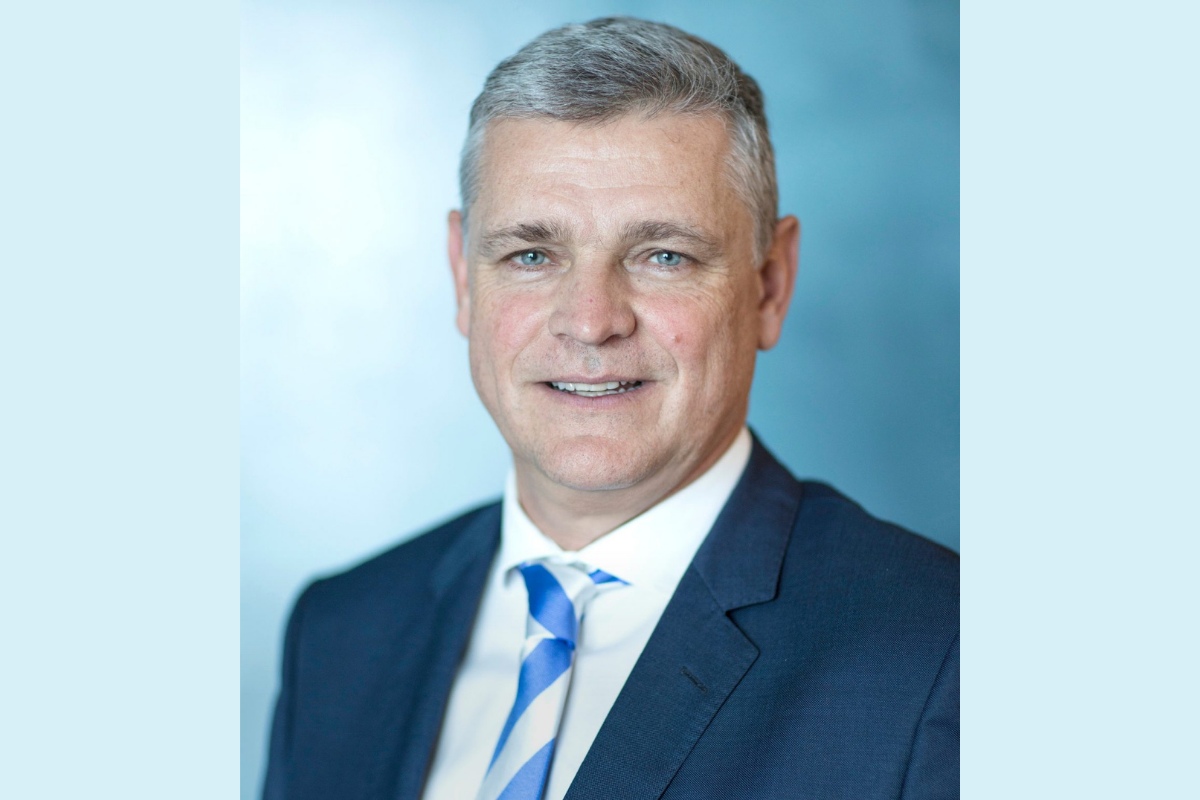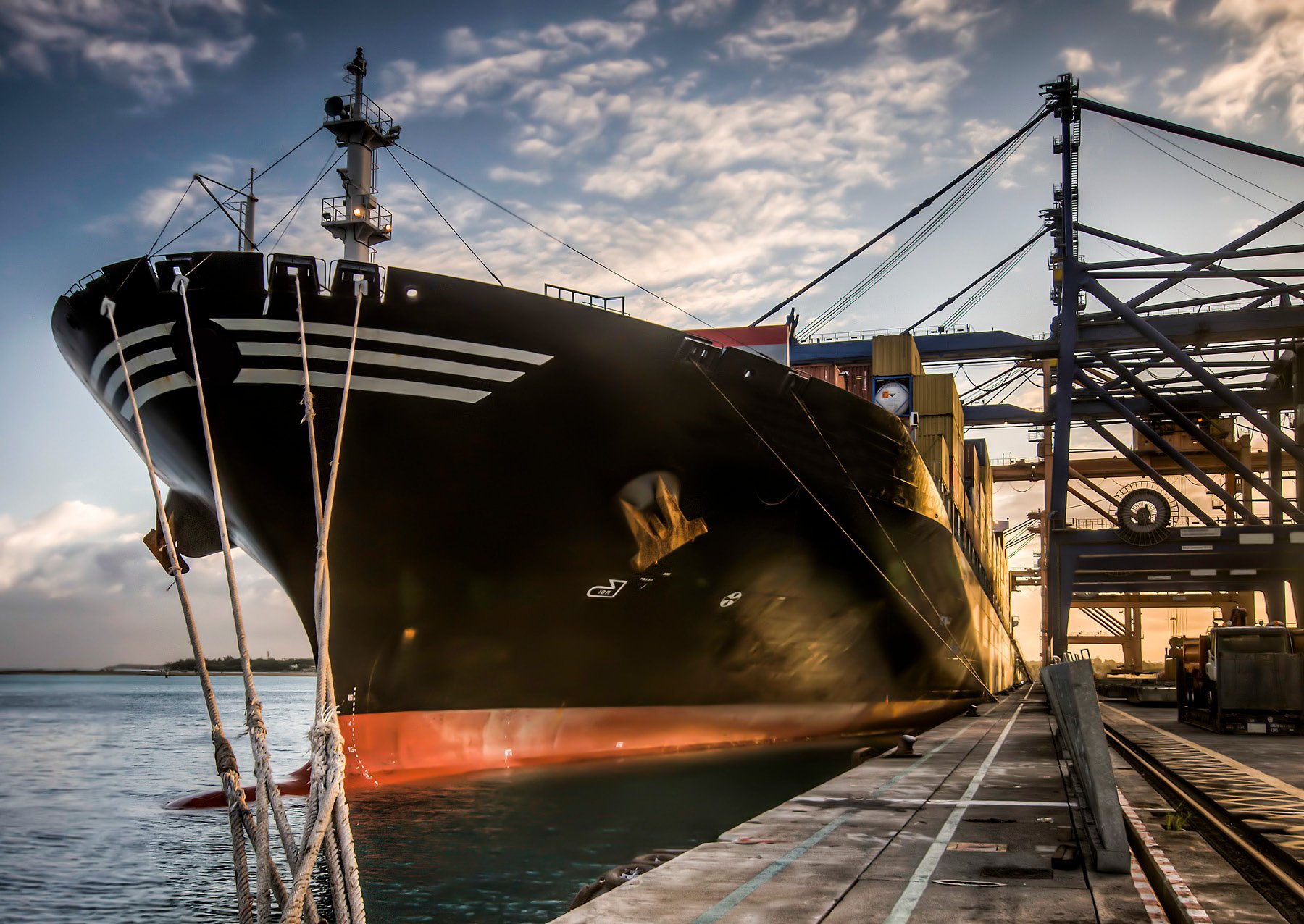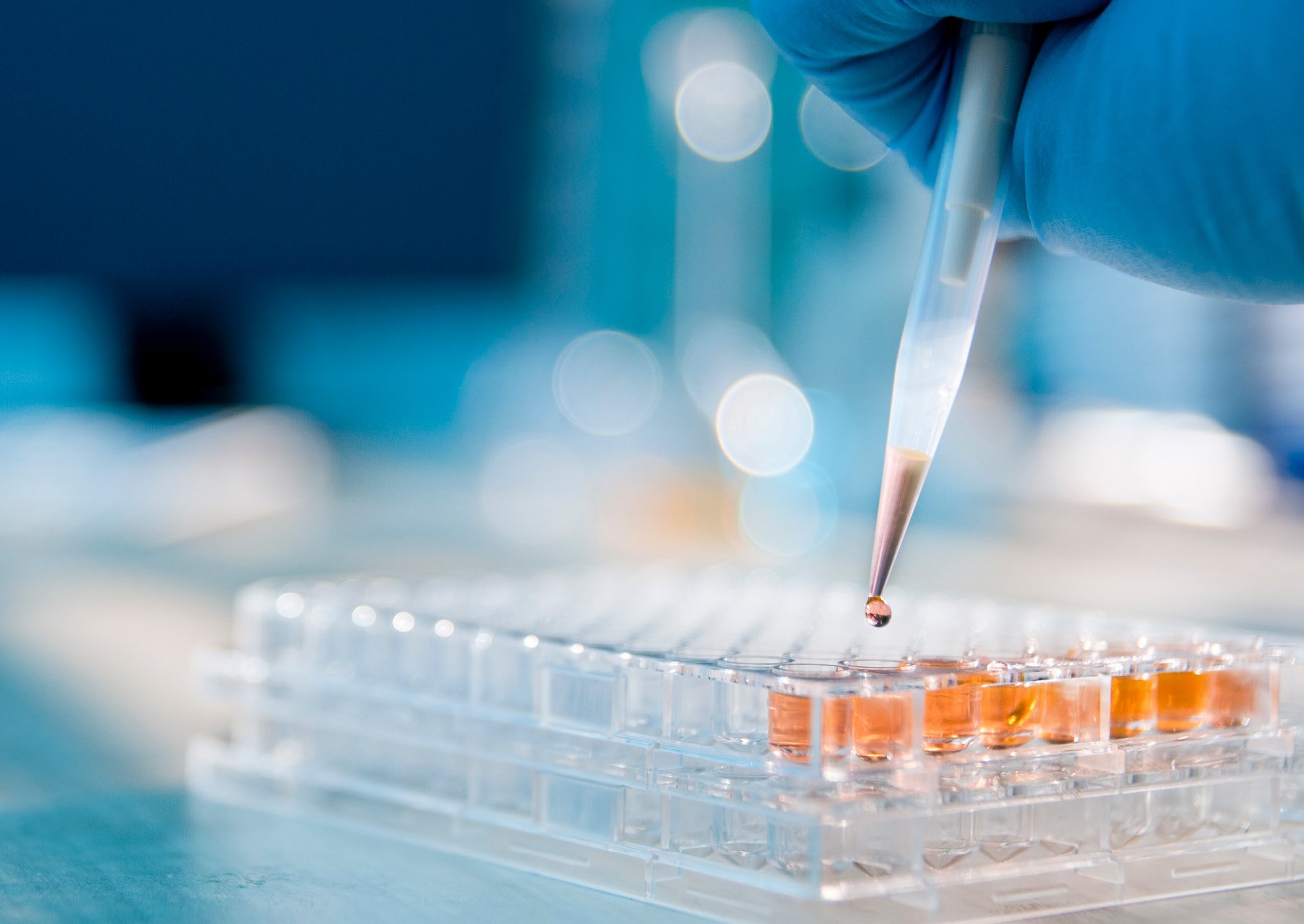The IBL Group traces its roots back 190 years to the shipping and sugar industries of Mauritius. Today, the firm is still based on the remote island nation and has a portfolio of 287 companies working in a huge array of sectors.

Many of its firms are the partner of choice for major global consumer retail brands like Johnson & Johnson, Kraft, L’Oréal and Heinz, but IBL also has interests in pharmaceuticals, health care, logistics, financial services and ship building, among other industries.
That diversification is one reason why the company has weathered the COVID-19 pandemic so well and even become stronger as a result, says Group CEO Arnaud Lagesse.
“We have a smart and robust team and fully-dedicated people throughout each level of the group, be it at head office or in our operations, and due to this IBL is really becoming stronger from this crisis,” he says. “We’ve learned to be flexible and agile in all our decision-making.”

We have a smart and robust team and fully-dedicated people throughout each level of the group.
After realising how strong the IBL Group was through the crisis, Arnaud began thinking about opportunities for further growth and geographical expansion, and the company brought in the consultancy firm McKinsey to advise it on its future.
“Coming out from this crisis much more resilient and agile than before, we identified potential growth segments with McKinsey’s help,” Arnaud says.
One of these major growth areas is in renewable energies, while another is in health care. The third involves transitioning from a group that is largely active in Mauritius, with a presence in other countries, to one that is truly international.
“Hopefully, in three years’ time, we’ll be a totally different company than we are today,” Arnaud says. “It’s not that we are pulling out of some business areas. On the contrary, I want to have a large chunk of our activities focused towards international markets and the strategy to expand in the surrounding region.”
Three challenges
As it pursues these ambitions, IBL is facing three main challenges. The first will be adapting to new markets – learning how they react and what their dynamics are.
“We are quite at ease in Mauritius. We know the market, and we’ve been operating here for decades now,” Arnaud says. “Moving to another market, be it Reunion Island next door, or Kenya, or even moving to Europe or China for our hospitality cluster, will be a test for us.”
The second challenge relates to human capital and specifically finding people who are highly talented, willing and able to support an international expansion drive.
I want to have a large chunk of our activities focused towards international markets.
“We know that talent is the factor as to whether companies make or break, and it’s not that easy to find people who will accompany the Group in its growth path outside Mauritius,” Arnaud says. “So we are banking a lot on hiring the best talents while trying to convince our best people within IBL in Mauritius to join us in this regional expansion.”
Retaining talents will also be a key focus, which is why Arnaud places a strong emphasis on training with an eye to providing employees with meaningful opportunities to further their careers within the Group.
The third challenge is a question of financing: McKinsey estimates that IBL will need to spend US$125 million (€109 million) over the next three to five years on things like acquisitions to bring its plans to reality.
Turning outward
At the same time, Arnaud says another area where he wants the company to improve is in becoming even more client-centric. “I want every business we have, every department, to be really focused on their customer,” he says.
“The strategy is to make sure we’ve got the right talents and that we’ve got triple-A service at all levels of the organisation,” he adds.

We are banking a lot on hiring the best talents while trying to convince our best people within IBL in Mauritius to join us in this regional expansion.
All that will help serve the ultimate goal, which is to bring IBL firmly onto the global stage. Arnaud notes there is a certain irony to the fact that the pandemic is what triggered his desire to become more outward-facing.
“After 18 months of COVID-19, when every country closed in on itself, I really believe that the future for everybody and for IBL Group is to be turned towards the world.”


